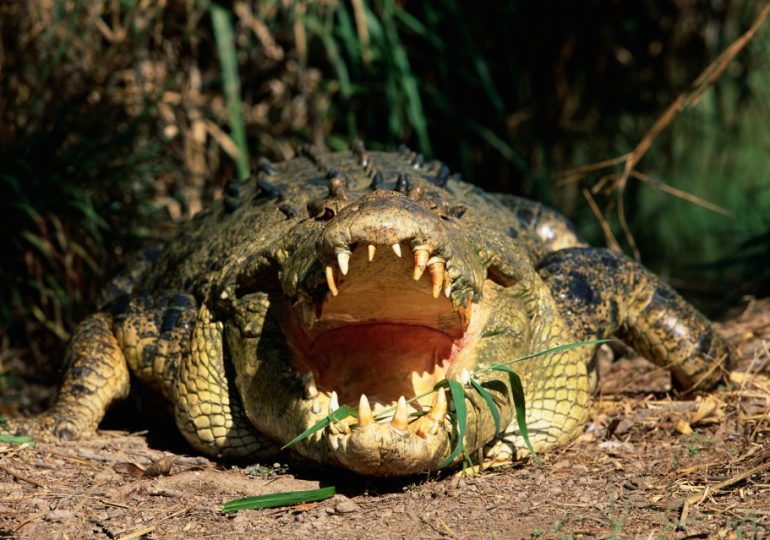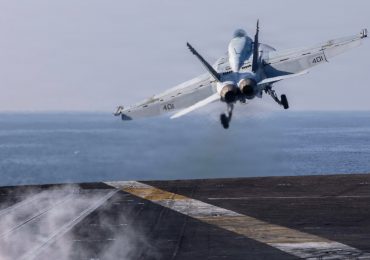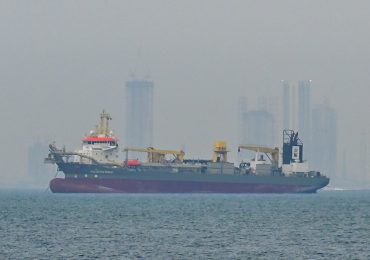THE world’s deadliest crocodile attack is believed to have seen 500 soldiers eaten alive in “a cacophony of hell” as their comrades heard them scream.
The “Ramree Island massacre” is considered by many to be the worst crocodile attack in history as roughly 100 of the reptilian beasts set upon unsuspecting troops fleeing through dark swamps.
Getty Images – GettyIt’s claimed that roughly 100 crocodiles massacred 500 Japanese soldiers on Ramtree Island in 1945[/caption]
WikipediaBritish soldiers had pushed back 1,000 enemy troops into a swampy mangrove jungle during the height of World War 2[/caption]
GettyHowever, crocodiles ‘moved in on the dead, wounded, and uninjured men who had become mired in the mud’[/caption]
The nightmare is believed to have taken place 79 years ago today as British soldiers fought in Burma, now Myanmar, in south east Asia during the height of World War 2.
They’d just pushed back 1,000 enemy Japanese troops into a swampy mangrove jungle as war raged on, with both sides locked in a brutal battle.
But while men on both sides were desperately trying to survive each other’s attacks, a third party soon would soon take centre stage.
Unfortunately for the retreating Japanese soldiers, they were completely unaware of the horror that was about to occur.
Roughly 100 crocodiles lay in wait, “alerted by the din of warfare and smell of blood,” according to naturalist Bruce Stanley Wright, who claimed to be present at the chilling scene.
“With the ebb of the tide, the crocodiles moved in on the dead, wounded, and uninjured men who had become mired in the mud,” he added.
“That night was the most horrible that any member of the crews ever experienced.”
It is unclear how many were savaged by the giant reptiles that day, though it is believed 500 men never emerged from the swamp.
Wright said: “The scattered rifle shots in the pitch black swamp punctured by the screams of the wounded men crushed in the jaws of huge reptiles, and the blurred worrying sound of spinning crocodiles made a cacophony of hell that has rarely been duplicated on Earth.”
Vultures would also arrive at dawn to clean up what the crocodiles had left, the veteran claimed.
The story has been attributed by the Guinness Book of World Records as the worst animal attack ever recorded, due to Wright’s claim that only about 20 Japanese soldiers were found alive.
But zoologists and modern military historians have cast doubt on these claims.
In 2016, historian Sam Willis reported that he had found documents indicating the Japanese soldiers mostly drowned or were shot and that crocodiles scavenged on their corpses afterwards.
When herpetologist Steven Platt visited Ramtree Island in 2000, he interviewed residents who had been alive during the war.
In a historiography analysis of the allegations of the crocodile attack, he said locals “unanimously discounted any suggestion that large numbers of Japanese fell prey to crocodiles”.
They did say, however, that 10 to 15 Japanese soldiers may have been attacked and killed by crocodiles as they tried to swim the channel, but certainly nothing on the scale that had previously been reported.
Saltwater crocodiles aren’t known for “feeding frenzies” of this scale, either, especially on live human prey.
There is also no mention of a “crocodile massacre” in official British and Japanese military reports.
But it is mentioned that the British military noticed the arrival of some opportunistic hunters to feed on the dead.
“The next day presented a grim appearance to add to the horror of the scene,” says the official British report. “Crocodiles previously reported as rarely seen appeared on the channel banks in increasing numbers.”
One Allied commander reported that the escaping Japanese soldiers fell victim to naval patrols — and sharks — while attempting to reach the mainland.
If true, then it wouldn’t have been the first case of a deadly shark attack during World War 2.
When the USS Indianapolis was torpedoed by a Japanese submarine in July 1945, the 1,195 men on board had just two choices: stay on the ship ravaged by flames, or plunge into shark-infested waters.
What ensued was the grizzliest shark attack of all time, with the Pacific turning red while survivors watched as, one by one, hundreds of their crew mates were eaten alive.
GettyTroops of the 15th Indian corps land on Ramree Island off the coast of Burma in 1945[/caption]
AP:Associated PressIt’s believed saltwater crocodiles frequented the waters at the time of the attack[/caption]
Leave a comment








